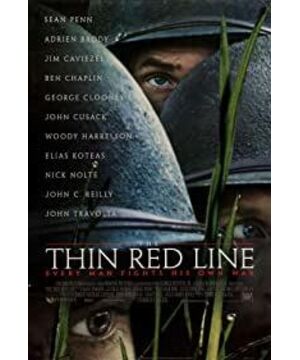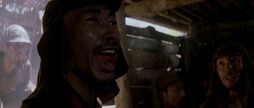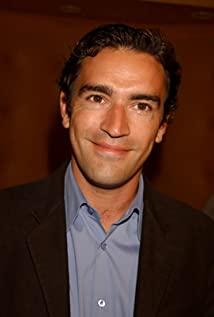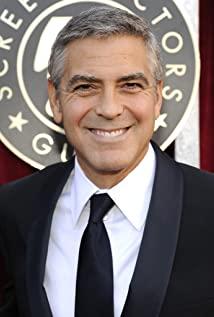First a philosopher, then a director, it is easy to make a non-human movie. Even if it is a war movie, you finally go to the front line to fight devils, and a comrade in arms suddenly pulls you in the battle to talk about the meaning of life. You are exhausted carrying a stretcher to rescue the wounded, and the company shouts you to protect yourself first, idiot!
Just as the director mixes up his personal goods, he has such a strong desire to express that the film becomes a shadow, a repeating tape and an airtight carrier of his thoughts.
And if it happens, if he is a filmmaker first, the film may be like a blank sheet of paper, and gradually fill it with some objective philosophical thoughts that can mainly be expressed in the form of film, which will probably be more three-dimensional and easier to absorb.
The film tries to discover the meaning and laws behind things, with a bit of metaphysical color in it, and also tries to make the world bigger and more complex, breaking away from the phenomenal world and entering Kant's world of things in themselves. On the contrary, some movies will magnify people and then enter the world of experience, which also makes it easier for people to empathize
View more about The Thin Red Line reviews










